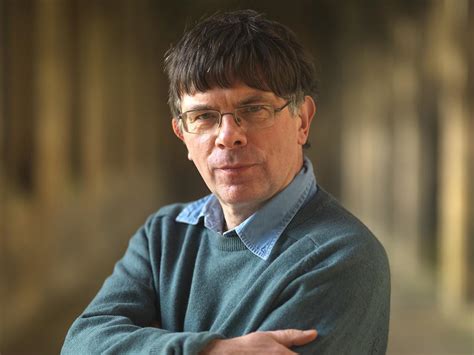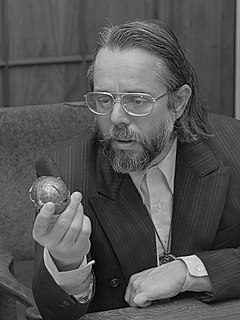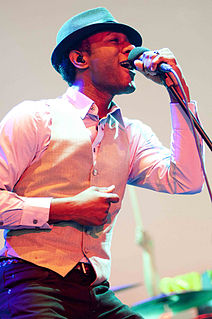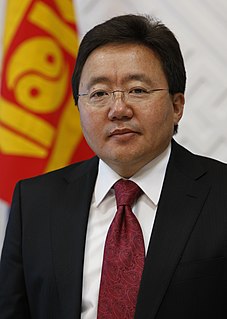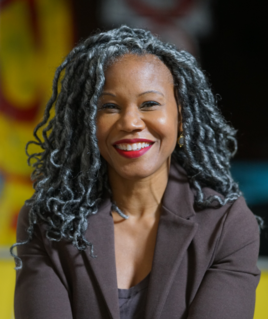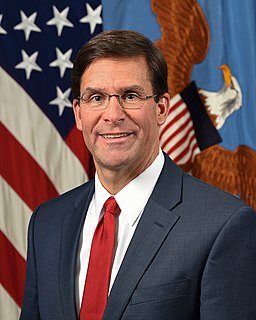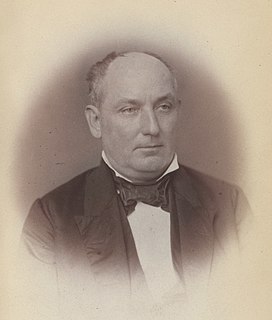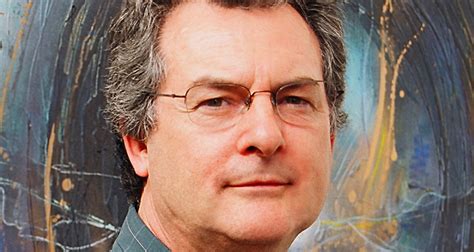Top 1200 Social Systems Quotes & Sayings - Page 3
Explore popular Social Systems quotes.
Last updated on April 22, 2025.
I'm not saying that you need a State Department that looks like the litigation department of a major law firm. But you need people who are not afraid to make the case for the United States, who are not afraid to stand their ground, not afraid to be isolated in international organizations when that's the correct approach for our diplomacy. This is a cultural change that has to be effected through incentive systems, promotion systems, career training systems. This is not something that you can do with the stroke of a magic wand, it's going to take years to make this change.
The poverty we see in America is now too widespread, and too complex, for easy fixes. But I do think we can reimagine many of our institutions and can create new ones in ways that would be effective. We could, for example, create social insurance systems, similar to social security, such as that we went through in 2008-9. We could create a financial transaction tax, oil profit taxes and a fairer estate tax system, and we could plow much of the revenue raised from these into job training programs, into better education infrastructure, into an expanded Earned Income Tax Credit.
The long history of mankind is studded with convergences, perhaps most notably in social systems and the use of artefacts and technology. But for human history, set in the arrow of time, there appears to be one intolerable stumbling-block. This is the catastrophic failure in human values and decency.
Founded in rebellion against colonial tyranny, our country is naturally suspicious of government intrusion, interference, and snooping. European systems, by comparison, grow out of a tradition of the state providing social benefits for workers that stretches back to Bismarck and Germany in the 1880s.
Natural causes, as we know, are at work, which tend to modify, if they do not at length destroy, all the arrangements and dimensions of the earth and the whole solar system. But though in the course of ages catastrophes have occurred and may yet occur in the heavens, though ancient systems may be dissolved and new systems evolved out of their ruins, the molecules [i.e. atoms] out of which these systems are built-the foundation stones of the material universe-remain unbroken and unworn.? They continue to this day as they were created-perfect in number and measure and weight.
What is called 'capitalism'is basically a system of corporate mercantilism, with huge and largely unaccountable private tyrannies exercising vast control over the economy, political systems, and social and cultural life, operating in close cooperation with powerful states that intervene massively in the domestic economy and international society.
The most common ego identifications have to do with possessions, the work you do, social status and recognition, knowledge and education, physical appearance, special abilities, relationships, person and family history, belief systems, and often nationalistic, racial, religious, and other collective identifications. None of these is you.
One can expect the human race to continue attempting systems just within or just beyond our reach; and software systems are perhaps the most intricate and complex of man's handiworks. The management of this complex craft will demand our best use of new languages and systems, our best adaptation of proven engineering management methods, liberal doses of common sense, and a God-given humility to recognize our fallibility and limitations.
The primary consequence of the computational nature of the universe is that the universe naturally generates complex systems, such as life. Although the basic laws of physics are comparatively simple in form, they give rise, because they are computationally universal, to systems of enormous complexity.
In all social systems there must be a class to do the menial duties, to perform the drudgery of life. That is, a class requiring but a low order of intellect and but little skill. Its requisites are vigor, docility, fidelity. Such a class you must have, or you would not have that other class which leads progress, civilization, and refinement.
For one to be free there must be at least two. Freedom signifies a social relation, an asymmetry of social conditions: essentially it implies social difference--it presumes and implies the presence of social division. Some can be free only in so far as there is a form of dependence they can aspire to escape.
An optimist is somebody who thinks our various political and social systems, schools and churches, support groups and Boy Scout troops, jury trials and congressional committees, are on the up-and-up. That they are intended for the benefit of the members. The reality is that they are designed to keep everyone in line.
We should always settle disputes through dialogue and cooperation, and should not resort to the use or threat of force on the slightest provocation. We should get rid of Cold War thinking and broaden the converging points of our common interests, notwithstanding the differences in social systems and ideologies.
There are two kinds of systems in the world. There are many-party systems and there are two-party systems. And our English cousins, both England, Canada, Australia, India, tend to have majority rule elections, rather than proportional elections and that tends to lead them to have two sort of competing parties. So in England, you know, it's been, you know, since the '20's, that anybody other than Labor or the Conservatives have formed a government and gotten a Prime Minister in the Cabinet, and so on.
While hereditary chiefs inhabit the apex of our traditional social systems, it would be a mistake to think they hold all the power. They aren't kings. They aren't dictators. They're answerable to their clans and their matriarchs. All decisions that affect our communities require lengthy, deliberate discussions and careful negotiation.
Few scientists acquainted with the chemistry of biological systems at the molecular level can avoid being inspired. Evolution has produced chemical compounds exquisitely organized to accomplish the most complicated and delicate of tasks. Many organic chemists viewing crystal structures of enzyme systems or nucleic acids and knowing the marvels of specificity of the immune systems must dream of designing and synthesizing simpler organic compounds that imitate working features of these naturally occurring compounds.



